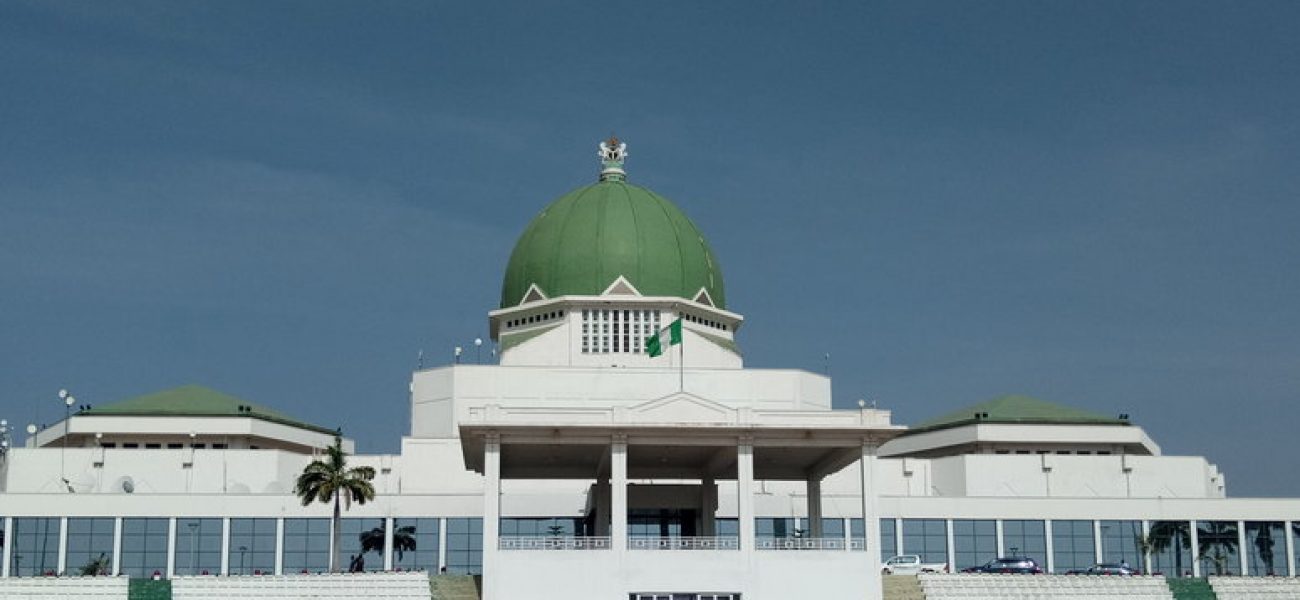Electoral Bill, PIB, Constitutional Reform Bills
Nigeria’s National Assembly reconvened on Tuesday, April 13 from its two-week Easter recess amidst concern that some key bills remain unattended. The National Assembly had on March 25 gone on recess ahead of the Easter holiday. It has now resumed. The resumption however, means the return to plenary amidst concerns that several key bills are yet to be deliberated upon. Citizens and groups have noted that despite its initial promise of ensuring passage of the Electoral Act (Repeal & Re-enactment) Bill, 2021 at the end of March 2021, the National Assembly is yet to table the bill for plenary discussions after its joint committees have concluded work on it. A new promise by Senate President Ahmad Lawan, to ensure passage of the bill in June 2021 can now only be met if both Houses immediately commence deliberations on the bill. Civil society organisations and several political parties have called for immediate action on the bill to avoid the situation in the 8th Assembly, where passage of the bill and assent by the President was delayed until the last month before the 2019 general elections. At this time, the President had refused assent to the bill on the grounds that it offended the ECOWAS Protocol on Democracy and Good Governance which forbids significant alterations to electoral laws six months before an election.
Of further concern to citizens and civil society groups, is the protracted delay in the passage of the Petroleum Industry Bill (PIB) for nearly 15 years. The country has watched in bewilderment a failure of the legislature to pass the very critical PIB, that is described by experts and industry watchers as capable of releasing the full potentials of the oil sector and with concomitant benefits to the nation’s economy. Again, the 9th National Assembly, which initially promised to have PIB passed in the first quarter of 2021, has announced a new shift in the goal post to the second quarter of 2021, that is by June. Policy watchers cite the lack of political will and reluctance by entrenched interests profiting from current opaque industry practices for the delay in the passage.
Besides the Electoral Bill and PIB, is the overarching concerns over the slow start to the Constitution review process, with several issues needing fundamental reforms and changes. Nigerians had expected that the National Assembly would take urgent action to address Constitution review concerns including women participation, local government reform, electoral reform, judicial reform, fiscal federalism and the general and omnibus discussions on Nigeria’s restructuring.
With time running and the remaining period of the 9th Assembly now on a fast count, it is expected that the National Assembly will brace up and act with needed speed in order to make an impression on Nigerians.

